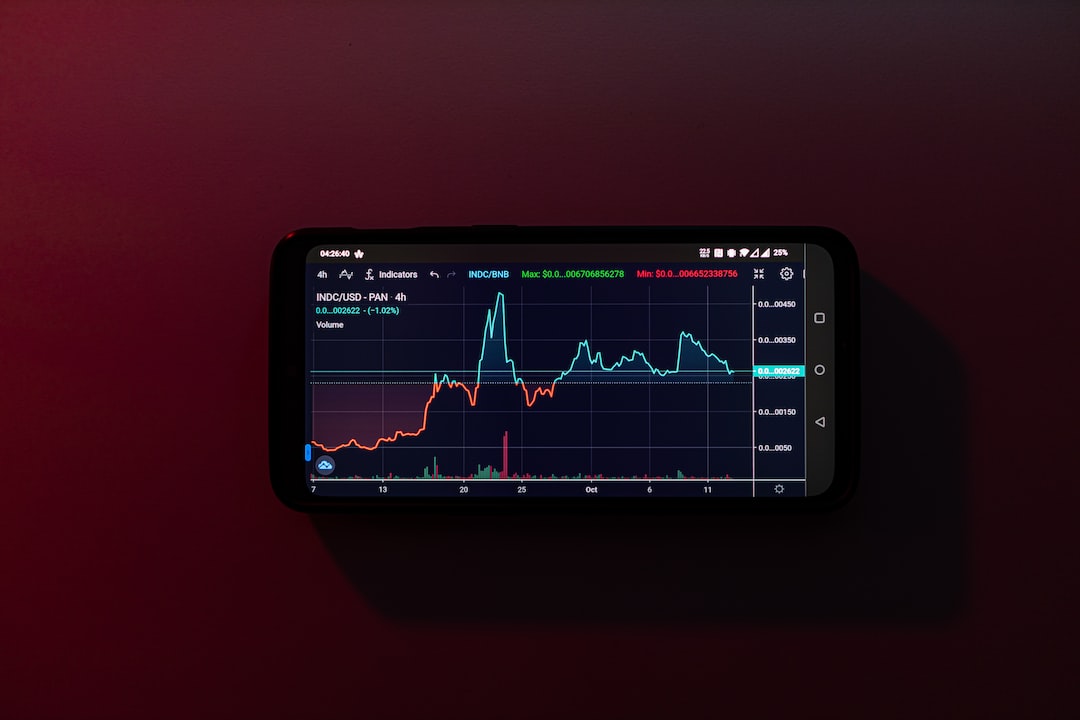Bitcoin vs. ETFs: Unpacking Key Differences
In this article, we will explore five key differences between holding actual Bitcoin and investing in Bitcoin ETF shares. You will discover the pros and cons of each approach of 5 very important features:
Ownership and Custody
- Bitcoin: When you hold Bitcoin, you have direct ownership of the digital asset. You are responsible for storing and securing your private keys.
- Bitcoin ETF: Investing in a Bitcoin ETF does not entail direct ownership of the underlying asset. Instead, you hold shares in the ETF, which represents a claim on the fund’s Bitcoin holdings.
Pros and Cons:
- Bitcoin: Pros include full control over private keys, providing a sense of security. However, the responsibility of secure storage falls entirely on you.
- Bitcoin ETF: Pros involve the convenience of not having to manage private keys, as custody is handled by the ETF provider. However, you relinquish direct ownership and control over your Bitcoin.
Liquidity and Accessibility
- Bitcoin: Trading actual Bitcoin occurs on crypto exchanges that operate 24/7, allowing for continuous access to the market.
- Bitcoin ETF: ETFs trade on traditional stock exchanges with set trading hours, which may limit immediate access and liquidity compared to the cryptocurrency market.
Pros and Cons:
- Bitcoin: Pros include 24/7 market availability and potential high liquidity. However, the decentralized nature of exchanges can lead to varying liquidity levels.
- Bitcoin ETF: Pros involve trading on familiar stock exchanges, providing a regulated and centralized environment. Yet, limited trading hours and potential market inefficiencies may pose challenges.
Tracking Performance
- Bitcoin: The price of Bitcoin directly reflects its market value, allowing you to track real-time performance and value changes.
- Bitcoin ETF: ETF prices are influenced not only by Bitcoin’s market movements but also by factors such as fund management fees and market demand for ETF shares.
Pros and Cons:
- Bitcoin: Direct price tracking enables a clear understanding of asset performance. However, you are fully exposed to the volatility of the crypto market.
- Bitcoin ETF: Easier tracking with the added layer of fund-related factors. Yet, potential deviations between ETF and Bitcoin prices may occur.
Regulatory Environment
- Bitcoin: Operates within a decentralized and largely unregulated environment, subject to regulatory developments varying across countries.
- Bitcoin ETF: Subject to regulatory approval and oversight, providing a regulated investment vehicle within traditional financial markets.
Pros and Cons:
- Bitcoin: Pros include decentralization, offering freedom but potentially facing regulatory uncertainty. Cons involve the lack of investor protections associated with traditional financial markets.
- Bitcoin ETF: Pros include regulatory oversight and instilling confidence. However, regulatory restrictions may limit certain aspects of the ETF.
Dividends and Income
- Bitcoin: Holding Bitcoin does not generate passive income or dividends by itself. Gains or losses result from changes in the asset’s market value.
- Bitcoin ETF: Some ETFs may distribute dividends or income generated from activities like lending out their Bitcoin holdings.
Pros and Cons:
- Bitcoin: Pros involve potential capital appreciation. However, no passive income is generated by itself, and you rely solely on price movements.
- Bitcoin ETF: Pros include the possibility of earning dividends and offering a potential income stream. Nevertheless, this depends on the specific structure and activities of the ETF.
Conclusion
Both holding Bitcoin and investing in Bitcoin ETFs present distinct advantages and drawbacks. The choice between the two depends on individual preferences, risk tolerance, and investment goals.
Hot Take: The Key Differences Between Holding Bitcoin and Investing in Bitcoin ETFs
In summary, owning Bitcoin gives you direct ownership and control over the digital asset, but you are responsible for secure storage. On the other hand, investing in a Bitcoin ETF provides convenience and custody handled by the ETF provider, but you relinquish direct ownership. Trading actual Bitcoin offers 24/7 market availability and potential high liquidity, while Bitcoin ETFs trade on traditional stock exchanges with limited trading hours. Tracking performance of Bitcoin involves direct price tracking but exposes you to crypto market volatility, while Bitcoin ETF prices are influenced by various factors. Bitcoin operates within a decentralized environment subject to varying regulations, while Bitcoin ETFs offer regulatory oversight. Holding Bitcoin does not generate passive income, while some Bitcoin ETFs may distribute dividends or income. Ultimately, your choice should align with your preferences and investment goals.





 By
By
 By
By
 By
By

 By
By